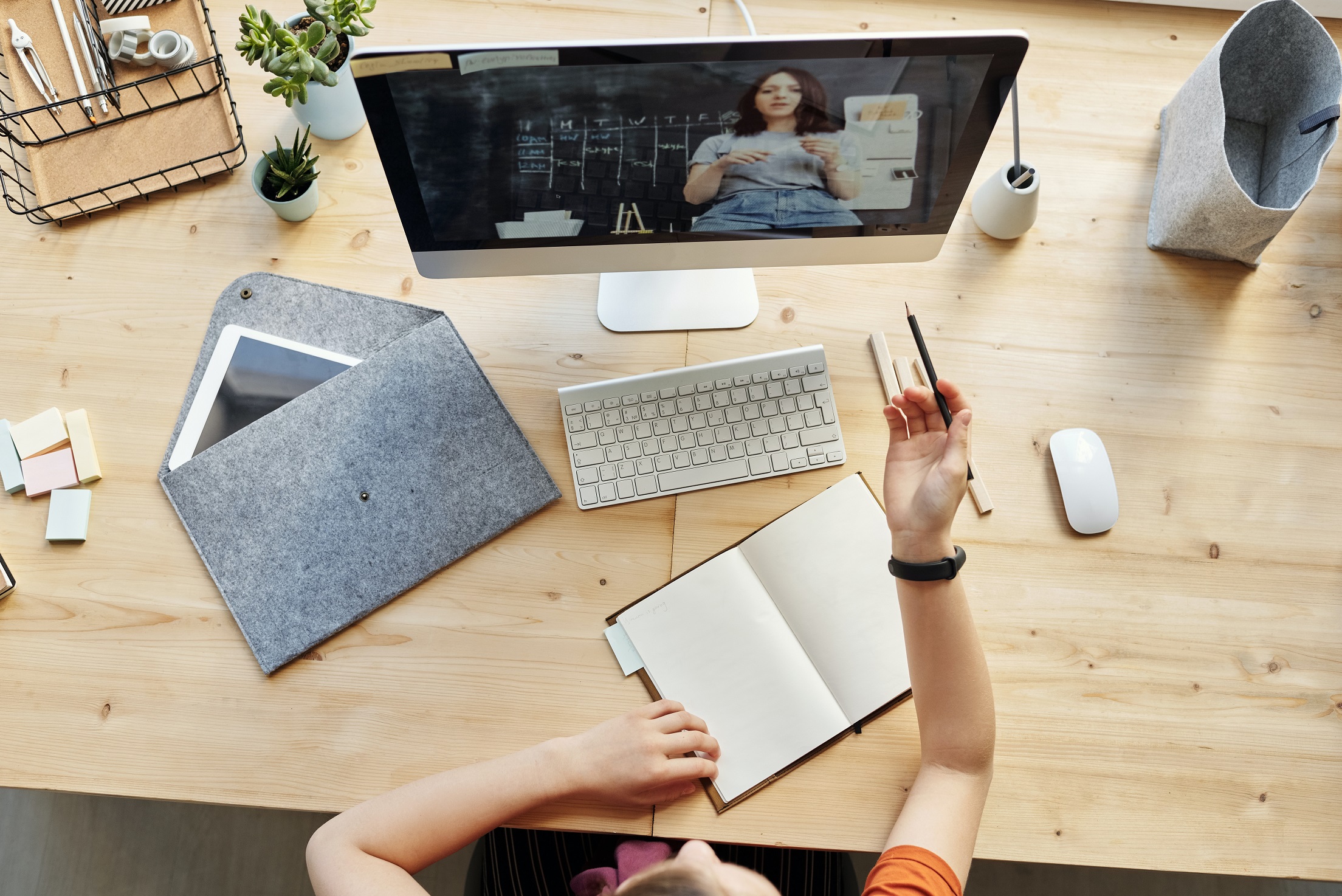There seems to be a connection between the current pandemic and the 4th Industrial Revolution. According to the World Economic Forum, 4IR represents a fundamental change in the way we live, work and relate to one another. Does this, in a kind of warped way, sound familiar - as we are told to stay home, work and live our normal lives?
I never really thought the 4th Industrial Revolution will mean much during my lifetime. I have been warning the younger generation to watch out because there was a good possibility, the careers they were gearing themselves for, through the various degrees they were pursuing, may not even exist in the future, but as for me personally, little did I think it would have any impact during my time.
With social distancing seen as helpful to human existence, the way we will work in the post lockdown era will be different. Already, many are coming to the realisation that physical office environments are not as necessary as we thought they were. This would mean that the age-old tradition of paying people for the time they spend in office would have to be reconsidered. Would this mean we need to track productivity and speed of delivery more rather than activity? Does working at home mean a more responsive approach to one’s assignments, where you become your own boss even if you are working for someone else? Technology apps are already helping us track productivity, from the basic Google docs to more sophisticated ones that are available online.
The pandemic, like the 4th Industrial Revolution, is merging our physical, digital and biological worlds in ways that create both huge promise and potential peril. The speed, breadth, and depth at which the virus is moving through communities is forcing us to rethink how we need to develop, create value and even in terms of what it really means to be human. This thinking runs very much parallel to the 4th Industrial Revolution.
The World Economic Forum says the 4IR is more than just technology driven change. It is an opportunity to help everyone, including leaders, policymakers, and people from all income groups and nations, to harness converging technologies to create an inclusive, human-centered future. The COVID-19 crisis is very much the same - it, too, is helping world leaders, policymakers, people of all income groups and nations to come together to form an inclusive human-centered future for survival. The way things stand, if this doesn’t happen, civilization as we know it is at risk of extinction. Little over the top? Maybe, but we need to expect the worst.
Whilst COVID-19 is changing our lives from the way we once knew it, measures taken to overcome the virus are influencing the core of our values. The primary nucleus that supports the very basis of our civilisation, which is the family, is being strengthened by the lockdown, while socially distancing from our neighbour. Who would have thought such a change would take place with just one strike of the hammer and force us to bring back our old-fashioned value systems?
The 4th Industrial Revolution acts contrary to the industrial revolution of the past, where mechanisation and assembly lines produced goods that were more affordable to consumers at the risk of straining our natural resources. One could say the peak of that revolution was in the time just before COVID-19 hit the world. The virus attack will no doubt change the way we look at mass production. The so-called sweatshops of the east will become redundant, and cheap labour, even though available, will be considered hazardous, and looked at as a risk factor in the production of goods and services. We would see more and more technology and robots replacing human engagement. Garment factories will get automated faster, we will pluck tea differently, the vast office space that real estate developers had planned for, will have to change to something else, and the list can go on.
The way we live, commute, interact and entertain will change. Newer jobs such as data scientists will become the trend as we look at ways to monetise personal data. Everyone knows that the devices we hold in our hands or tap at on our desks, collect so much data about ourselves. Then the next question would be how we analyse that data and use it to improve our lives? Taxi-hailing app services could track consumption habits of people, as they engage in deliveries of goods to a large part of the country during the lockdown. This big data could be turned into sensible narratives, influencing the populous against panic buying and hoarding which will prevent volatility and spikes in demand.
As Sri Lanka hits the reset button, many things would have to change. This would mean our attitude to change itself. If we believe we can come out of this pandemic and continue to do what we have done in the past, then we would go against the very nature of our new environment. The 4th Industrial Revolution is all about the internet of things, and 5G is a part of its makeup. Therefore, it is very easy to draw lines between the COVID virus, the 4IR, and come up with conspiracy theories like, is the COVID-19 virus connected to 5G?
This writer has no way of telling what is true or false, but what is sure is that they are both racing side by side. We have to adapt and change or else if the virus doesn’t get us, the 4th Industrial Revolution surely will.
Tyron Devotta


